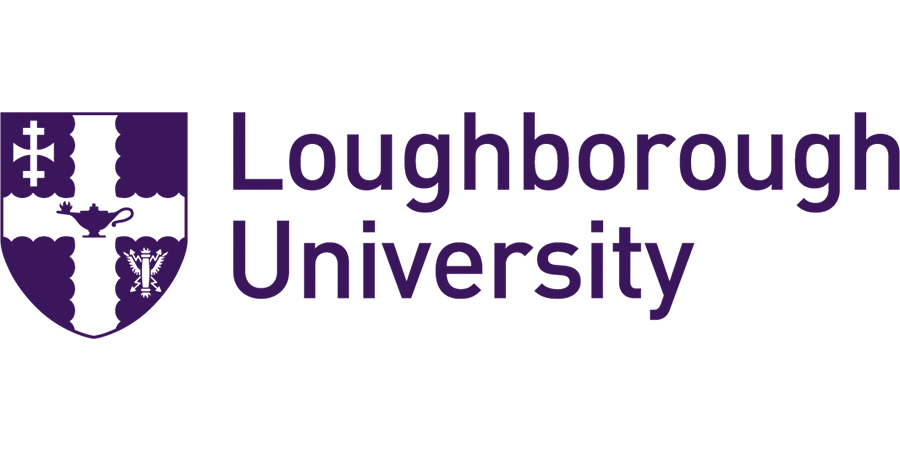PhD Studentship: ParaFit 2032 - Optimising Performance and Health in Para Athletes: Travel, Sleep and Fatigue Optimal Management for Long-haul Performance
Loughborough University - School of Sport, Exercise and Health Sciences
| Qualification Type: | PhD |
|---|---|
| Location: | Loughborough University, Loughborough |
| Funding for: | UK Students, International Students |
| Funding amount: | £19,237 per annum |
| Hours: | Full Time |
| Placed On: | 22nd April 2025 |
|---|---|
| Closes: | 30th May 2025 |
| Reference: | SSEHS/VTVC25 |
Introduction
ParaFit 2032 will advance Para athlete health and performance, focusing on the interactions between performance, well-being, gender, and equipment ergonomics. Despite extensive research on non-disabled athletes, knowledge gaps remain in understanding impairment-specific factors affecting training, injury prevention, and recovery. This research is crucial as it will deliver impact for Brisbane 2032 and help shape the future of Para sport science and practice.
Based at Loughborough University, a world leader in Para sport science, ParaFit 2032 builds on the success of the world-leading PHC (Peter Harrison Centre for Disability Sport) and brings in cross-school academics to enhance its expertise. It uniquely integrates data science, biomechanics, physiology, psychophysiology, engineering, and cutting-edge sensor technologies. Led by leading Para sport scientists and transdisciplinary academics, it collaborates with athletes, coaches, industry, ParalympicsGB and UK Sport Institute (UKSI) to translate real-world challenges into impactful research.
The cluster provides hands-on experience, interdisciplinary training, and direct engagement with elite Para sport, ensuring research translates into practical performance solutions. The “Travel, sleep and fatigue optimal management for long-haul performance” PhD programme will focus on mitigating circadian and travel fatigue challenges associated with long-haul travel, and strategising for delivering optimal performance for athletes and their support staff.
Project description
With the next Paralympic Games taking place in Los Angeles, followed by Brisbane in 2032, long-haul, transpacific and trans-continental travel is inevitable for athletes participating in the Paralympic Games. Travel fatigue often occurs with long-haul flights, while jet lag is common among travellers crossing multiple time zones. The symptoms of both conditions are varied, intricate, and frequently hard to distinguish, yet each can have profound effects on physical and mental performance. Furthermore, Para athletes are likely to experience greater logistical and physiological challenges as a result of impairment when travelling compared to their able-bodied counterparts.
This project in collaboration with ParalympicsGB will investigate the circadian challenges and the impairment-specific stressors associated with long-haul in high-performance Para athletes. Key directions for this PhD programme will be:
- Investigating the existing experiences and practices of Para athletes and support staff when embarking on long-haul travel.
- Analysing the circadian and impairment-specific stressors associated with long-haul travel in both eastern and western directions.
- Studying the performance and physiological effects of long-haul travel on Para athletes and support staff.
- Testing/piloting new strategies and achievable applicable practices for mitigating the effects of long-haul travel on performance and wellbeing on Para athletes and support staff.
Primary supervisor: Iuliana Hartescu
Entry requirements:
Applicants should have, or expect to achieve, at least a 2:1 Honours degree (or equivalent) in Psychology, Sports Science or other relevant biosciences subject, with a minimum 65% mark in the project element or equivalent. A relevant Master’s degree, and relevant research or applied sports work experience, will be an advantage. The candidate should hold strong communication skills within complex environments and have a proven interest in the application of research in sports practice. A background in sleep/circadian science and/or working with Para athletes will be an advantage.
English language requirements:
Applicants must meet the minimum English language requirements. Further details are available on the International website (http://www.lboro.ac.uk/international/applicants/english/).
Funding information:
The studentship is for 3 years and provides a tax-free stipend of £19,237 per annum for the duration of the studentship plus university tuition fees.
Advert information
Type / Role:
Subject Area(s):
Location(s):









